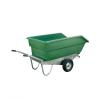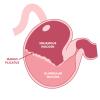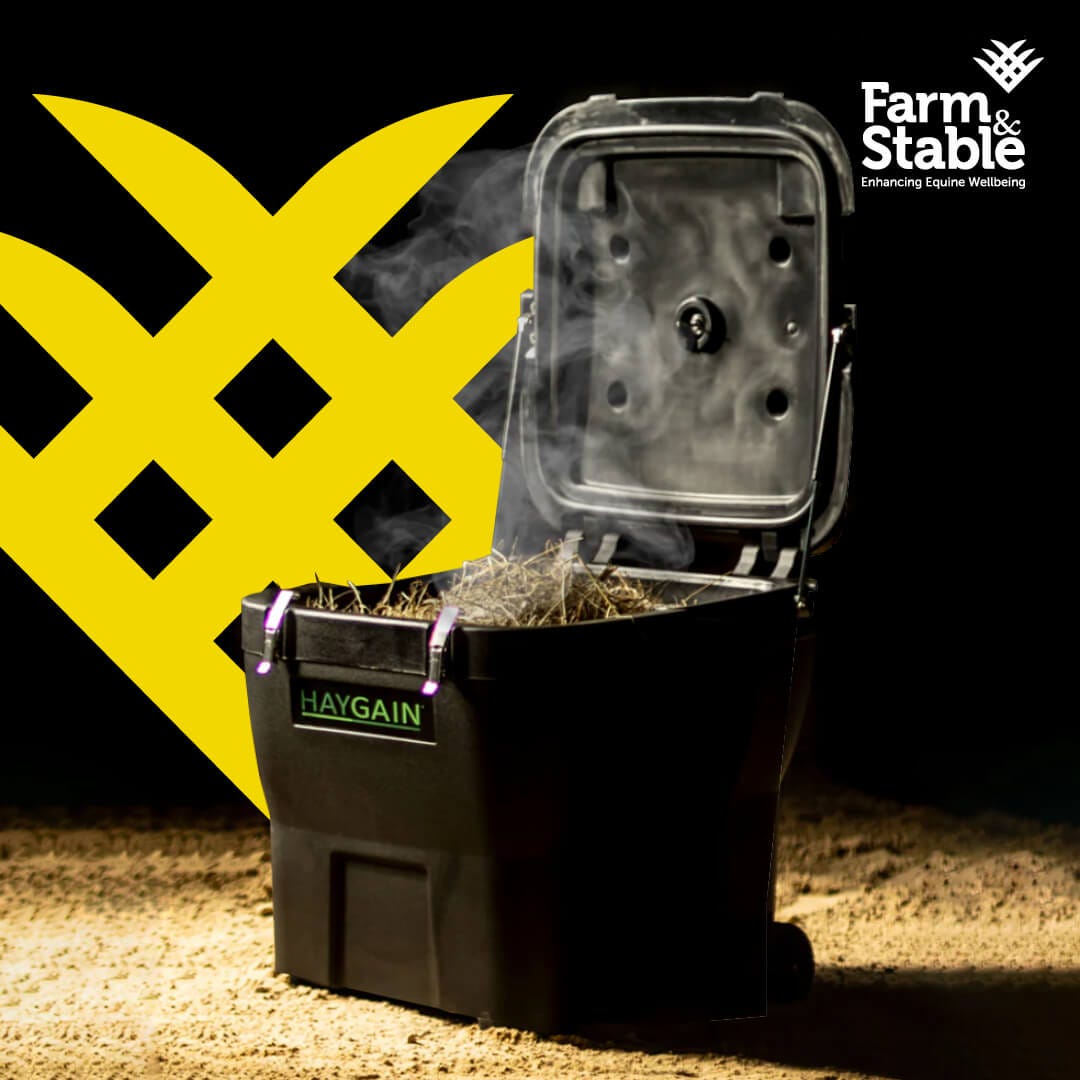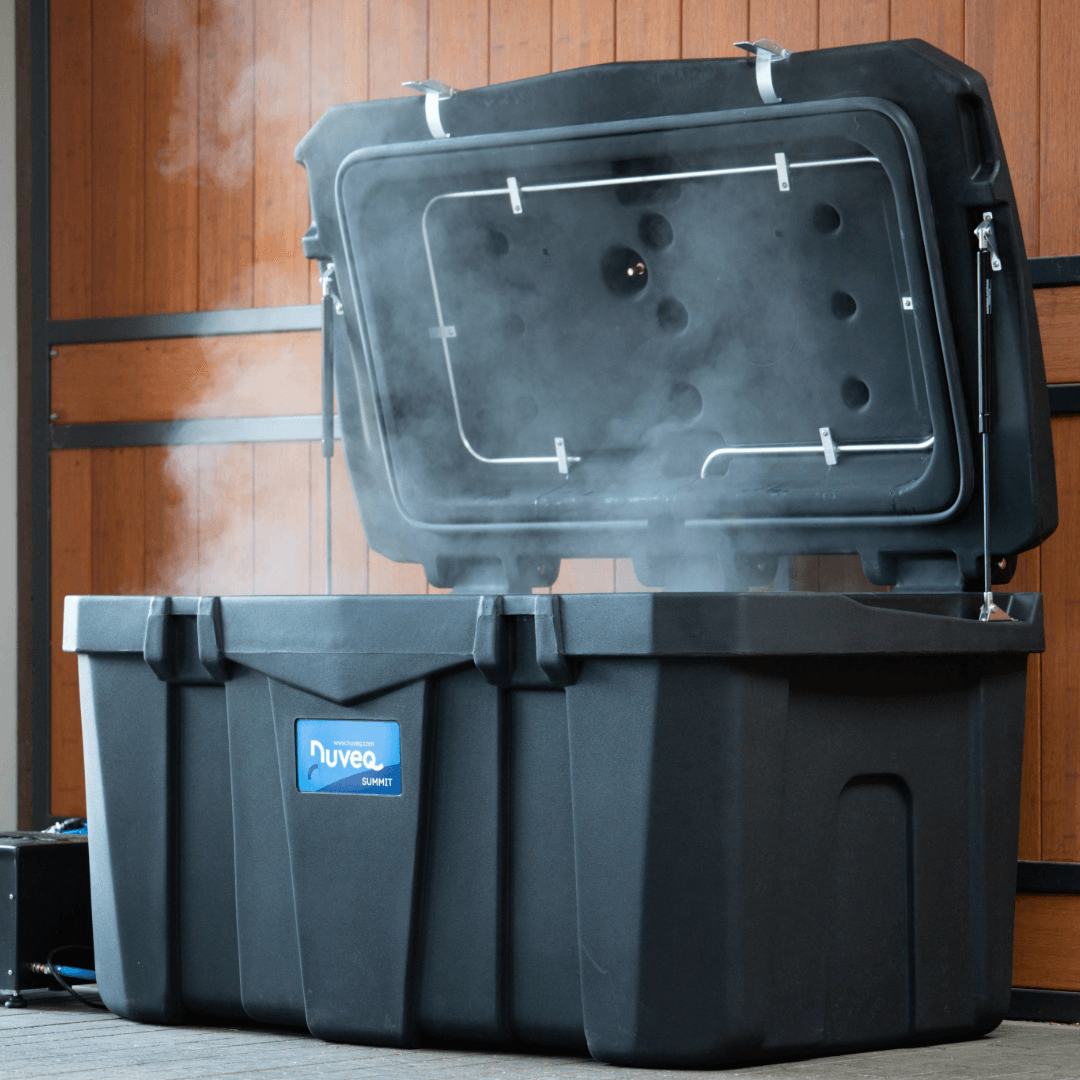Everything you need to know about caring for a foal
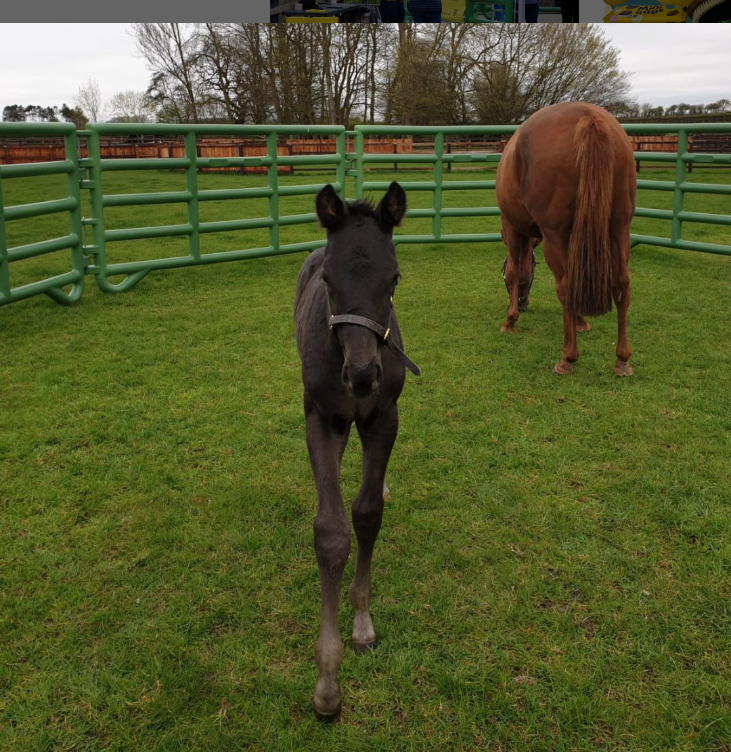
Dealing with newborn nutrition, foal worming, heat scours and more…
 Looking after a newborn foal can be a challenging and rewarding experience. As with any young animal, the first few weeks of a foal's life are critical for its development and well-being. Most newborn foals will be standing within 40 minutes to an hour of delivery, making them seem like remarkably resilient things. However, while they are born with a lot of seeming strength, the first few weeks can be critical for their long-term development.
Looking after a newborn foal can be a challenging and rewarding experience. As with any young animal, the first few weeks of a foal's life are critical for its development and well-being. Most newborn foals will be standing within 40 minutes to an hour of delivery, making them seem like remarkably resilient things. However, while they are born with a lot of seeming strength, the first few weeks can be critical for their long-term development.
There are some important measures you should take to ensure your foal has the best start in life. In this article, we will discuss how to care for a newborn foal, including its nutrition and worming requirements.
Ensure a Safe and Clean Environment
Before the foal is born, it's important to prepare a clean and safe environment for it to live in. The mare should be given a clean, dry and comfortable stall or paddock to foal in. The area should be free of hazards that could potentially harm the foal such as sharp objects, uneven surfaces, and other animals.
Once the foal is born, the stall or paddock should be kept clean and free of manure and urine. Foals are susceptible to bacterial and fungal infections, so it's important to maintain a clean and dry environment.
Monitor the Foal's Health
Newborn foals are susceptible to a range of health issues. It's essential to monitor the foal's health and wellbeing closely during the first few weeks of its life. A healthy foal should be bright, alert, and active. It should also be nursing well and passing manure regularly.
If you notice any signs of ill health in your foal, such as lethargy, lack of appetite, or diarrhea, it's important to contact your veterinarian immediately.
Provide Adequate Nutrition
Nutrition is critical for the health and growth of a newborn foal. For the first few weeks of its life, the foal should receive colostrum from its dam. Colostrum is a nutrient-rich, antibody-rich substance that the mare produces during the first 24 hours after foaling. It's essential for the foal's immune system development and should be consumed within the first few hours after birth.
After the colostrum period, the foal should receive milk from its dam or a milk replacer if necessary. Foals should be fed small, frequent meals throughout the day to avoid digestive upset. Ideally, foals should consume 10% of their body weight in milk per day.
Introduce Solid Food Gradually
At around 2-4 weeks of age, foals can be introduced to solid food such as hay or grass. It's important to introduce solid food gradually to avoid digestive upset. Foals should have access to clean, good quality hay or pasture at all times. The hay should be free of dust, mold, and other contaminants.
Provide Adequate Water
Foals should have access to clean, fresh water at all times. It's important to monitor the water intake of foals closely to ensure that they are drinking enough. Dehydration can lead to serious health issues in foals.
Ensure Adequate Exercise
Foals need to exercise to develop strong bones and muscles. It's important to provide foals with enough space to move around freely. Foals should be allowed to move around in a safe, fenced area to prevent injuries.
Worming for foals
Foals should be wormed regularly to prevent internal parasites. Parasites can cause serious health issues in foals and can even be fatal. Foals should be wormed for the first time at around 6-8 weeks of age, and then every 8-12 weeks thereafter.
There are several types of wormers available, including paste, granules, and liquid. It's important to follow the instructions on the wormer carefully and to weigh the foal accurately to ensure that the correct dosage is administered.
Vaccinations
Foals should receive vaccinations to protect them from a range of diseases. The vaccination schedule for foals can vary depending on the area in which they live and the diseases that are prevalent in that area. Your veterinarian can advise you on the appropriate vaccination schedule for your foal.
Common vaccinations for foals include tetanus, Eastern and Western Equine Encephalomyelitis (EEE/WEE), West Nile Virus, and influenza. Foals should receive their first vaccination at around 6 months of age, followed by boosters at regular intervals.
Monitor Growth and Development
It's important to monitor the growth and development of your foal closely. Foals should gain weight steadily and should be steadily growing taller. Your veterinarian can help you to monitor the growth and development of your foal and can advise you on any nutritional or health concerns.
Deal with foal heat scours quickly
Foal heat scours is a common condition that affects newborn foals during the first few weeks of their life. It is caused by a change in the mare's milk composition due to her first estrus cycle after foaling. This change can lead to digestive upset in the foal, resulting in diarrhoea or loose stools. We highly recommend the use of Diazrob to rapidly ease the symptoms of diarrhoea in foals.
Socialization
Foals need to socialize with other horses to learn social skills and behaviors. Foals should be allowed to interact with other horses in a safe and controlled environment. This can help to prevent behavioral issues and can also help to reduce stress and anxiety in foals.
Conclusion
Looking after a newborn foal can be a challenging but rewarding experience. By providing a safe and clean environment, monitoring the foal's health, providing adequate nutrition, and regular worming and vaccinations, you can help to ensure that your foal grows into a healthy and happy horse. It's important to work closely with your veterinarian to monitor the growth and development of your foal and to address any health concerns promptly. With the right care and attention, your foal can grow into a strong and healthy horse that brings you many years of joy and companionship.
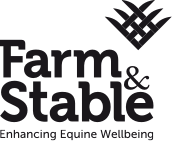

 Forgotten your password?
Forgotten your password?  Free Delivery on all orders over £95+VAT
Free Delivery on all orders over £95+VAT
